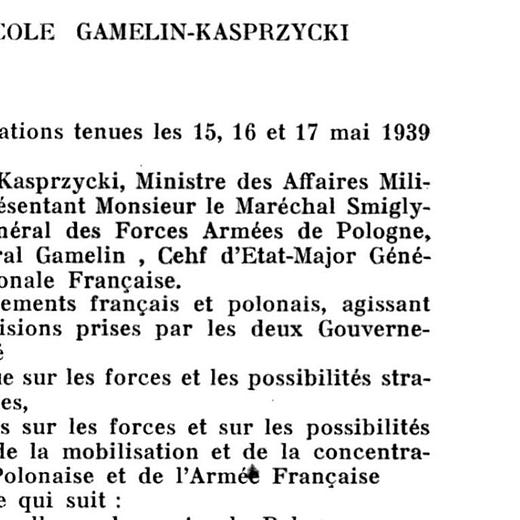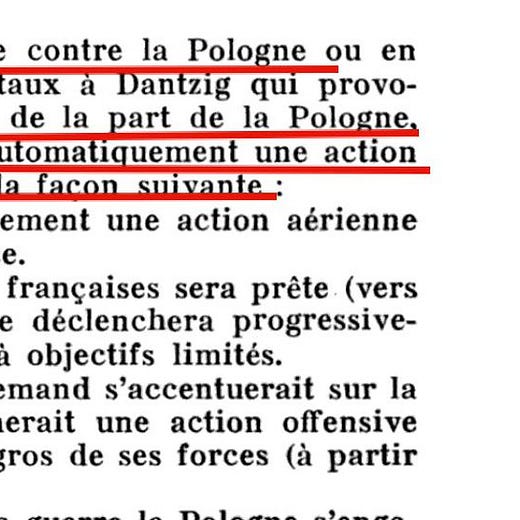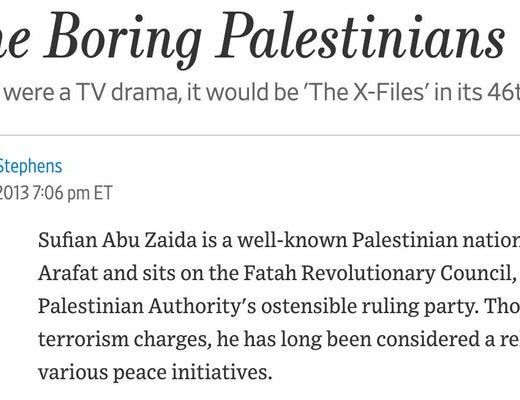Bret Stephens, the Bed Bug and WW2
A little bit of history mixed with with a lot of mockery!
Bret Stephens seems to conflate the New York Times with his private diary. He dedicated an entire column against a personal insult, where he compared an innocuous tweet from Professor David Karpf to the holocaust. Earlier in the week, he tried to get the man in professional trouble by emailing Professor Karpf's boss.
I do attempt to correct the inaccurate history. I think studying this situation gives us an excellent insight into extreme privilege and the politics of a bruised ego.
Besides the ridiculous hyperbole, his history was ridiculously inaccurate. He opens with a completely erroneous picture of World War II.
World War II began 80 years ago this Sunday after Nazi Germany and the Soviet Union signed a “nonaggression” pact that was, in fact, a mutual aggression pact. Adolf Hitler invaded Poland on Sept. 1, 1939. Russia’s invasion of Poland, no less murderous, followed two weeks later.
Over the course of 8 months in 1939, Britain gave the government of Poland multiple assurances that they would come to Poland’s aid, in case Hitler invaded Poland.
On March 31, 1939, the Prime Minister said:
I now have to inform the House that during that period, in the event of any action which clearly threatened Polish independence, and which the Polish Government accordingly considered it vital to resist with their national forces, His Majesty's Government would feel themselves bound at once to lend the Polish Government all support in their power. They have given the Polish Government an assurance to this effect.
I may add that the French Government have authorised me to make it plain that they stand in the same position in this matter as do His Majesty's Government.
Afterwards, UK and France commenced with a series of agreements with Poland to provide assistance to Poland. The very first agreement said:
Should one of the Contracting Parties become engaged in hostilities with a European Power in consequence of aggression by the latter against that Contracting Party, the other Contracting Party will at once give the Contracting Party engaged in hostilities all the support and assistance in its power
France also had a pact with Poland where they promised to come to Poland’s aid if Germany invaded Poland.
While Bret Stephens makes it look like Hitler and Stalin had a conspiracy to invade Poland, reality is much more complicated than that.
What used to be Poland in 1939 is different than what is Poland today. The borders of Poland changed many times in the 1920s. After the Bolsheviks defeated the Tsars in 1917, many of the allied forces, invaded the Bolsheviks to restore the Tsars. As the Bolshevik forces repelled these invaders, it created many unstable borders in Eastern Europe. In 1919, the Polish-Ukrainian war, ended up giving Poland Galecia.
In 1934, Poland formed a pact with Hitler after Poland communicated with Britain and France, who refused to help Poland. And of course, a week before signing the Moltov-Ribbenpact, Stalin was willing to send 1 million troops to Germany, if Britain and France would help, but they again refused.
On September 17, USSR sent its troops to Eastern Ukraine, which it considered to be Russian territory. However, by September 28th, USSR went to Belarus.

Politics of a Bruised Ego
The rest of the article is not worth debunking. It is fun to analyze the hilarious rantings of a man whose ego was severely bruised.
Iran, China, Russia? What is the talking about? Yes, Russia and Ukraine have a border dispute in Crimea, but what’s up with China and Iran?
All that, plus three crucial factors: new forms of mass communication, the rhetoric of dehumanization and the politics of absolute good versus absolute evil.
Remember, how he condemns the politics of absolute good versus absolute evil in this paragraph? Let’s scroll back up three paragraphs
For several years many commentators, including me, have written about the parallels between the prewar era and the present.
There’s the rise of dictatorial regimes intent on avenging past geopolitical humiliations and redrawing borders: Germany, Italy, Japan and Russia then; China, Iran and Russia now.
and follow his link to his own article from 2018.

The “axis of evil” seems like the politics of absolute good versus the absolute evil.
Radio Illiteracy
Here, he seems to have a fundamental misunderstanding of how radio worked.
Radio then, like Twitter today, was the technology of the id; a channel that could concentrate political fury at a time when there was plenty to go around.
Radio is a one-way communication between a central voice and millions of people. Twitter, on the other hand, provides for millions of people to communicate their thoughts with millions of others.
Google Searching
He wasn’t finished yet! He had to prove that this insult was indeed an anti-semitic trope that was used by the Nazis. He googled “Jews as Bedbugs” and cited the first link.
The political mind-set that turned human beings into categories, classes and races also turned them into rodents, insects and garbage. “Anti-Semitism is exactly the same as delousing,” Heinrich Himmler would claim in 1943. “Getting rid of lice is not a matter of ideology. It is a matter of cleanliness.” Watching Warsaw’s Jewish ghetto burn that year, a Polish anti-Semite was overheard saying: “The bedbugs are on fire. The Germans are doing a great job.”
However, the author seems to acknowledge that this evidence was mostly oral and probably not too reliable as a consistent anti-semitic trope.

But all this outrage about using insect language does not apply to Bret Stephens himself! He has no problem calling Palestinians “mosquitoes.”
When it comes to others, he rails against silencing of speech and safe spaces. When it comes to himself, he wants to create a big safe-space. He wants the license to write odious opinions without any consequences or pushback from the general public.








